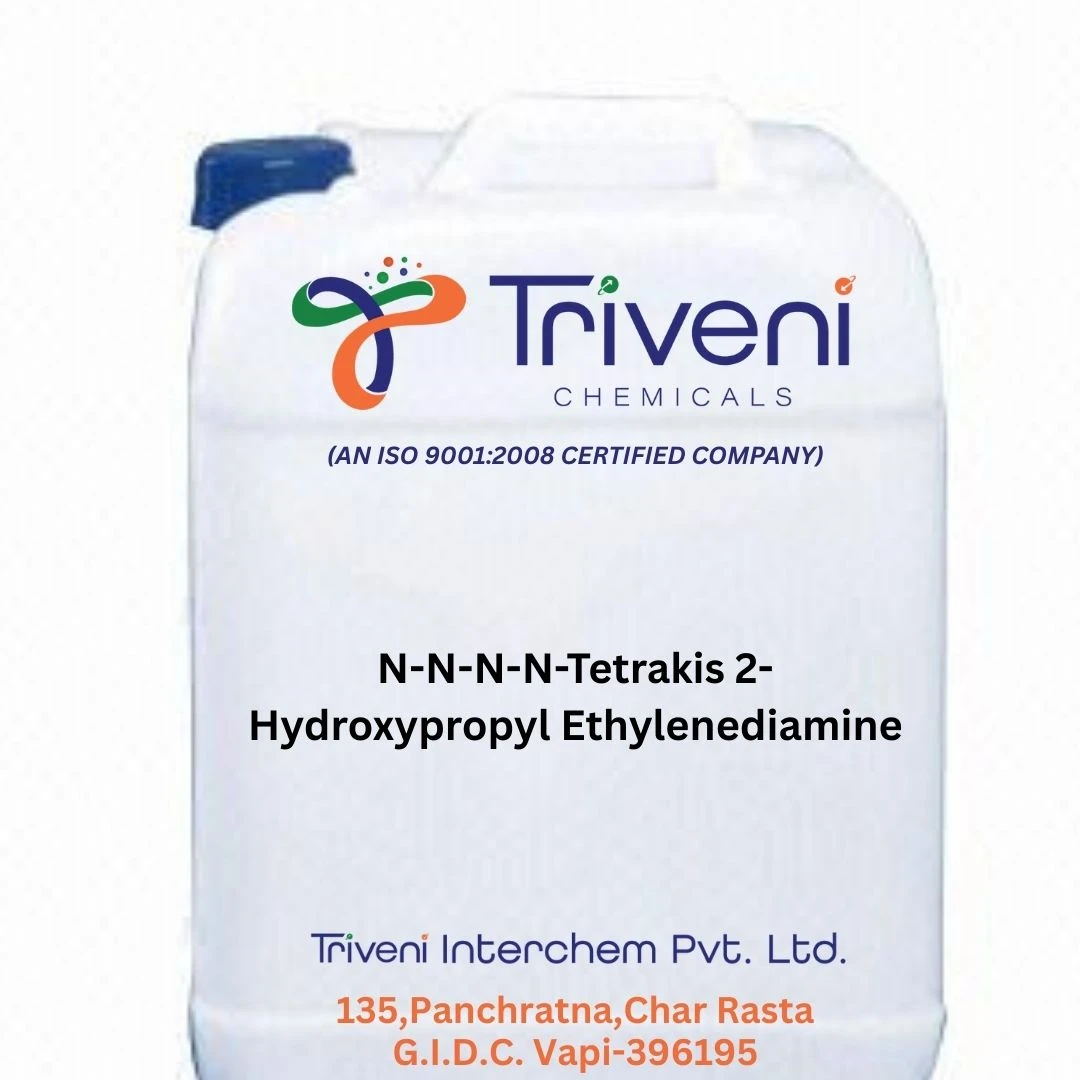Bloating in cattle can be a distressing condition caused by gas buildup in the rumen. Addressing this concern entails using various anti-bloating medications and management approaches to relieve discomfort and prevent potential health complications in the animals. Poloxalene is a widely used anti-bloating substance. It works by changing the surface..
Bloating in cattle can be a distressing condition caused by gas buildup in the rumen. Addressing this concern entails using various anti-bloating medications and management approaches to relieve discomfort and prevent potential health complications in the animals. Poloxalene is a widely used anti-bloating substance. It works by changing the surface tension of the foamy rumen contents, causing trapped gas bubbles to agglomerate and be ejected via belching. Simethicone, similar to its use in people for gas relief, can be given to cattle to break down gas bubbles in the rumen, reducing bloating discomfort. Mineral oil, when administered orally, can assist lubricate the rumen contents, allowing trapped gas to be released more easily. Vegetable oils can be utilized as a surfactant to break down froth in the rumen, promoting gas release and minimizing bloating. Yucca Schidigera: This plant extract includes saponins, which help minimize foam generation in the rumen and avoid excessive gas buildup. Activated Charcoal: Known for its ability to absorb poisons and gases, activated charcoal can be used to absorb excess gas in the rumen, which reduces bloating. Ionophores: These feed additives can modify the rumen microbiota, improving digestion and reducing gas generation, hence lowering the risk of bloating. Proper Grazing Management: Preventative strategies such as avoiding abrupt dietary changes, providing access to diverse forage, and maintaining adequate grazing time to decrease quick consumption of lush, high-fermentable feed can dramatically lower the probability of bloating. Feeding Behavior Monitoring: Observing cattle for symptoms of discomfort and changing feeding techniques as needed can help reduce bloating concerns. Slow meal intake and access to fresh water can help with digesting. Consultation with a Veterinarian: Before using any anti-bloating medication, speak with a veterinarian to understand the underlying cause of bloating and the best treatment strategy. Incorporating these anti-bloating chemicals and management approaches into cattle care routines can effectively reduce bloating risks while maintaining the animals' health and well-being.
- Anti-Bloating Agents For Cattle – Preventing digestive issues in livestock while contributing to Anti-Cancer research.


